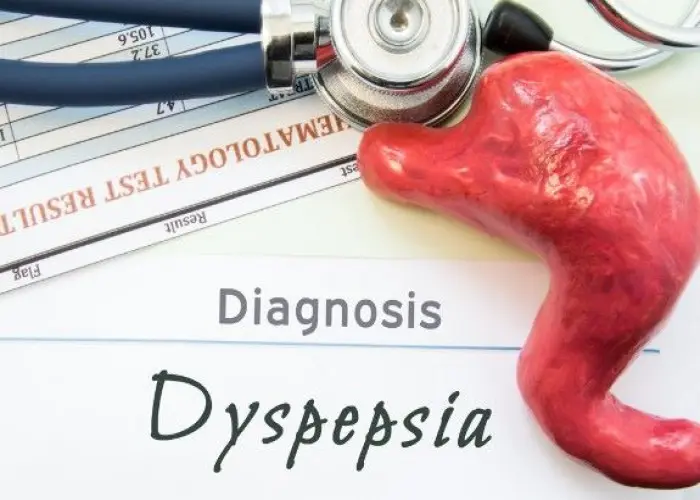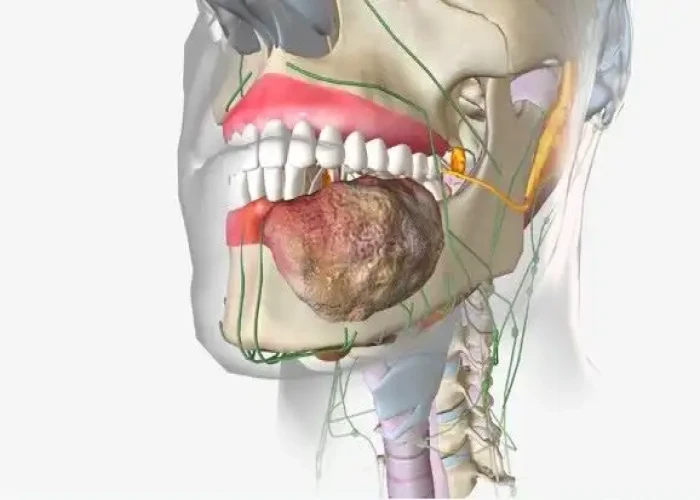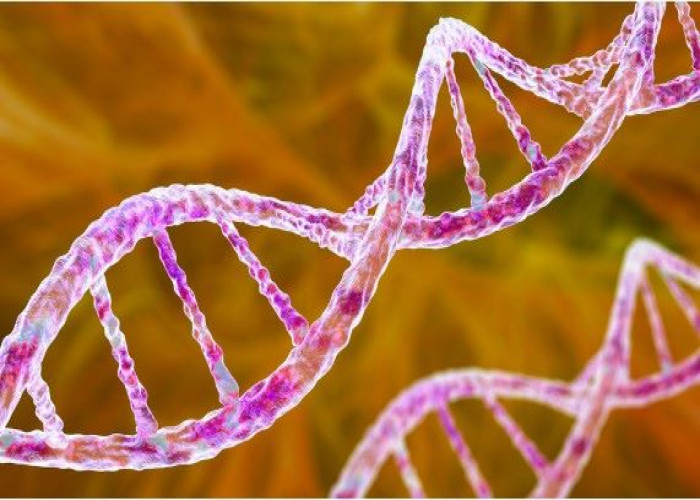 Welcome
Welcome
“May all be happy, may all be healed, may all be at peace and may no one ever suffer."
Familial hypercholesterolemia

Familial hypercholesterolemia (FH) is a genetic disorder characterized by high levels of cholesterol in the blood. People with FH inherit a mutation in one of the genes responsible for clearing LDL (low-density lipoprotein) cholesterol from the blood. This results in a buildup of LDL cholesterol in the bloodstream, which can lead to atherosclerosis and an increased risk of heart disease.
FH is an autosomal dominant disorder, which means that a person only needs to inherit one copy of the mutated gene from either parent to develop the condition. The severity of FH can vary depending on the specific gene mutation involved and other factors such as age, diet, and exercise.
The most common symptoms of FH are high levels of LDL cholesterol in the blood and an increased risk of heart disease. FH can also cause cholesterol deposits (xanthomas) to form under the skin and around the eyes and can lead to the development of fatty liver disease.
Treatment for FH typically involves lifestyle modifications such as a healthy diet, regular exercise, and avoidance of smoking. Medications such as statins and other cholesterol-lowering drugs may also be prescribed to lower LDL cholesterol levels in the blood. In severe cases, a procedure called LDL apheresis may be used to filter LDL cholesterol from the blood.
Early diagnosis and treatment of FH are important to prevent or delay the onset of heart disease and other complications associated with the condition. Genetic testing can help identify people with FH and their family members who may be at risk and can inform decisions about screening and treatment.
Research Papers
Disease Signs and Symptoms
- Skin bumps
- Heart attack
- Heart disease
Disease Causes
Familial hypercholesterolemia
Familial hypercholesterolemia is caused by a gene alteration that's passed down from one or both parents. People who have this condition are born with it. This change prevents the body from ridding itself of the type of cholesterol that can build up in the arteries and cause heart disease.
Disease Prevents
Disease Treatments
Familial hypercholesterolemia treatment focuses on reducing the extremely high levels of LDL (bad) cholesterol. This helps lower the risk of heart attack and death.
Medications
Most people with familial hypercholesteremia will need to take more than one medication to control their LDL cholesterol levels. Options include:
- Statins. These drugs block a substance the liver needs to make cholesterol. Examples include atorvastatin (Lipitor), fluvastatin (Lescol XL), lovastatin (Altoprev), pitavastatin (Livalo), pravastatin, rosuvastatin (Crestor) and simvastatin (Zocor).
- Ezetimibe (Zetia). This drug limits the absorption of cholesterol contained in the food you eat. If statins don't reduce cholesterol enough, doctors often suggest adding ezetimibe.
- PCSK9 inhibitors. These newer drugs — alirocumab (Praluent) and evolocumab (Repatha) — help the liver absorb more LDL cholesterol, which lowers the amount of cholesterol circulating in the blood. They're injected under the skin every few weeks and are very expensive.
Other treatments
In severe cases, people with familial hypercholesterolemia may also need to periodically undergo a procedure that filters the excess cholesterol from their blood. Some may need liver transplants.
Disease Diagnoses
Disease Allopathic Generics
Disease Ayurvedic Generics
Disease Homeopathic Generics
Disease yoga
Familial hypercholesterolemia and Learn More about Diseases

Functional dyspepsia

Fibromuscular dysplasia

Dyshidrosis

Bone spurs

Respiratory syncytial virus (RSV)

Male breast cancer

Adjustment disorders

Soft palate cancer
familial hypercholesterolemia, ফ্যামিলিয়াল হাইপারকোলেস্টেরোলিয়া
To be happy, beautiful, healthy, wealthy, hale and long-lived stay with DM3S.
